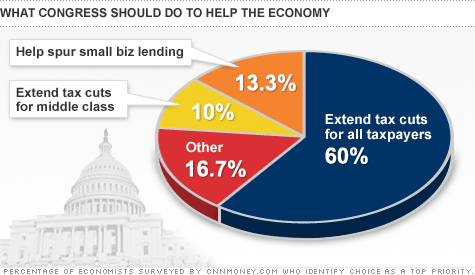Not Worst in the Nation — Worst in the Region
05.17.2016
Chief Executive has issued its annual analysis of the Best & Worst States for Business. The “canvas of CEO opinion” examines taxes, regulations, workforce quality, and quality-of-life metrics.
No, New Mexico doesn’t rank last. Our low costs and favorable weather make it virtually impossible for the Land of Enchantment to score as poorly as New York, New Jersey, Connecticut, and Illinois.
But predictably, New Mexico was the Southwest’s poorest performer. Each of our neighbors fared better.
Chief Executive‘s editor-in-chief noted that “Texas and Florida top the list, as they have every year for the past 12 years that we have conducted this survey. Despite having been hit hard by the shale energy bust, Texas is still held in high esteem by CEOs for its favorable economic reforms. But each year, Florida steadily edges up in the qualitative measures. The Sunshine State added 1 million private-sector jobs over the last five years, cut taxes 50 times and got rid of 4,200 burdensome regulations.”
Meanwhile, New Mexico’s economic-development groupthink slogs ahead, pressing the same tired, proven-to-be-ineffective measures that have failed to build a vibrant private-sector economy here. Last week, at a Legislative Finance Committee hearing, the brain-dead inertia continued. The Santa Fe New Mexican‘s Bruce Krasnow reported that witnesses — he mislabeled them “top economic development experts” — told lawmakers that “education and workforce development” were the tools to “to create jobs and set New Mexico’s economy on a path of long-term growth.”
NMSU’s Christopher Erickson, Krasnow wrote, recommended that the state “do a better job of investing in education to build a smarter, more talented state.” (An educrat advocating for more education funding. Shocking.)
Workforce quality matters, of course, but it’s not the sole determinant of success. Far from it. South Carolina, Tennessee, and Nevada are hardly intellectual powerhouses, but all three score well on Chief Executive‘s survey. (South Carolina is the breakout star of the Rio Grande Foundation’s monthly tally of Right to Work’s advantage in job-creation.) Massachusetts and Maryland, where educational attainment is stellar, landed near the bottom.
How many more reminders do New Mexico’s elected officials need? Deregulation, tax cuts, labor freedom, school choice, and smart infrastructure spending (i.e., no “transit” boondoggles, no empty spaceports) offer the best chance to build prosperity in our deeply dysfunctional state. How much longer do we have to wait?

























